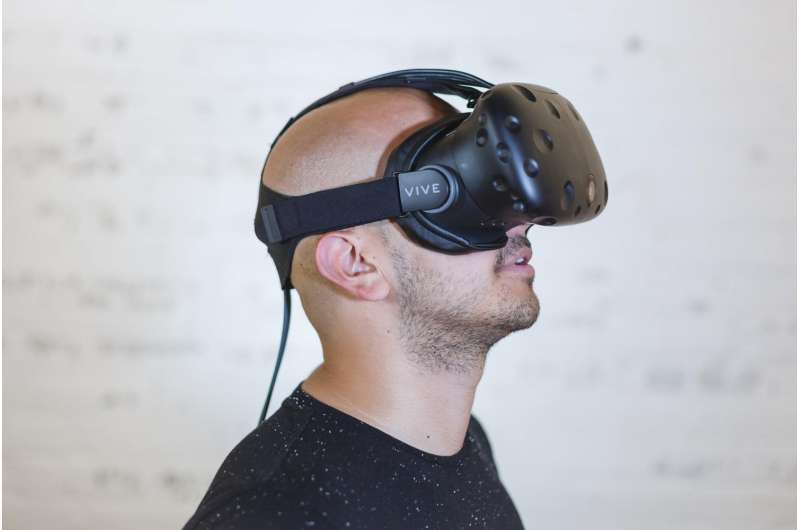Virtual Reality as a Tool to Enhance Veterans' Mental Health

Research from the University of Texas at Arlington demonstrates how virtual reality can help manage stress and improve suicide prevention efforts among veterans, especially in rural communities.
Virtual reality (VR) technology is increasingly being recognized as a valuable resource for improving mental health among veterans. Researchers from the University of Texas at Arlington have conducted two notable studies to explore how VR can address various challenges faced by veterans. One study, led by Professor Micki Washburn, utilized a VR-based mindfulness program that created calming scenarios, helping veterans manage stress, anxiety, and pain. Participants, mostly over 50 and predominantly male, engaged in 15-minute VR sessions where they could choose tranquil virtual environments such as polar bears on an iceberg or tropical beaches, accompanied by deep-breathing prompts to foster relaxation. The feedback was overwhelmingly positive, with nearly all participants indicating they would use VR at home for wellness support.
A second study, in collaboration with Professor Donna Schuman, focused on training community members to better recognize warning signs of suicide among rural veterans. Using VR to simulate interactions, the training allows participants to practice identifying risk factors like unsecured firearms or unused medications, reducing stigma and improving mental health literacy. This approach is particularly crucial as veterans in rural areas often face significant barriers, including limited access to healthcare and social disconnection, which contribute to higher suicide rates—1.57 to 1.66 times higher than non-veterans during 2017-2020, with rural veterans being especially vulnerable.
The studies highlight VR's potential as a distraction-based intervention to redirect attention from pain and anxiety, and as a safe, repeatable training tool for suicide prevention. Researchers emphasize that normalizing conversations around mental health, particularly in underserved communities, can be life-saving. These initiatives reflect UTA's commitment to serving veterans and integrating innovative solutions into mental health care.
For more details, see the original research published in the Journal of Evidence-Based Social Work.
Stay Updated with Mia's Feed
Get the latest health & wellness insights delivered straight to your inbox.
Related Articles
Rising Solo Drinking Trends Among Young Adults, Particularly Women: A Public Health Concern
A recent study highlights an alarming rise in solitary alcohol drinking among young adults, especially women, signaling increasing mental health concerns and risk of future alcohol use disorders. Learn more about this public health issue.
Understanding the Dual Effects of Venting at Work: Building Bonds or Creating Challenges
Recent research reveals that venting at work can strengthen coworker bonds but also poses challenges, emphasizing the importance of boundaries and supportive communication for a healthy workplace dynamic.
High Burnout Rates Among UK Obstetricians and Gynecologists Highlight Urgent Need for Support
A recent UK survey reveals alarming burnout levels among obstetricians and gynecologists, highlighting the critical need for systemic support and improved working conditions to protect clinicians and patient safety.
Cognitive Behavioral Therapy Induces Brain Structural Changes and Increases Gray Matter Volume
A groundbreaking study demonstrates that cognitive behavioral therapy (CBT) can foster significant structural brain changes, increasing gray matter volume in regions involved in emotion regulation, offering new hope for depression treatment.



